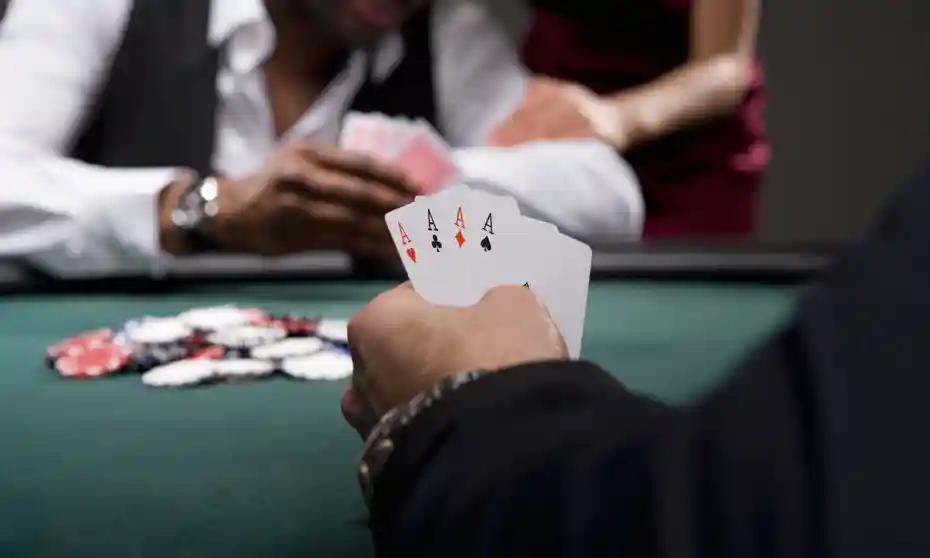Poker dealing is an art that combines skill, precision, and a deep understanding of the game. As an aspiring poker dealer, you’re embarking on a journey that’s both challenging and rewarding. This article aims to guide you through the essential skills and practices needed to excel in this role. Whether you’re dealing at a home game or aspiring to work in a casino, mastering the art of poker dealing is a valuable skill.
Essential Skills for a Dealer
Accuracy and precision are the cornerstones of effective poker dealing. Every card dealt, every chip counted, and every pot pushed must be done with meticulous care. Speed and efficiency are equally important; a good dealer keeps the game moving at a comfortable pace, ensuring players remain engaged. Moreover, customer service and communication skills are vital. A dealer is the face of the game, facilitating a positive and enjoyable experience for all players.

Mastering the Basics of Dealing
The Setup
The setup is fundamental. Properly shuffling and dealing cards, understanding poker chips and their values, and setting up the poker table are crucial steps in preparing for a game. Each element requires attention to detail and an understanding of the game’s mechanics.
Dealing Procedures
Dealing procedures vary across different poker variants. In Texas Hold’em, you deal hole cards and community cards, while in Omaha, players receive four hole cards. Each variant, including Stud and Draw, has its nuances. Handling misdeals and irregularities is also a critical skill, requiring a calm and methodical approach.
Dealer Etiquette and Professionalism
A poker dealer must maintain neutrality and fairness at all times. Handling player disputes and conflicts with professionalism is essential in maintaining a respectful atmosphere. Your role is to ensure the game runs smoothly and that all players feel valued and fairly treated.

Practicing and Improving Dealing Skills
Mock Dealing Sessions
Practice is key. Setting up mock dealing sessions allows you to refine your skills in a controlled environment. Soliciting feedback and engaging in self-evaluation are important steps in your development as a dealer.
Continuous Learning
The world of poker is ever-evolving. Staying updated on rule changes, attending poker dealer training programs, and learning from experienced dealers are crucial for staying ahead in the game. Platforms like Jet77 can help you improve your game knowledge and thus your dealing abilities.
Dealing with Challenges and Stress
Dealing poker can be stressful. Handling difficult players and managing high-stress situations are part of the job. Developing strategies to cope with long hours and maintaining composure under pressure are essential skills for a successful dealer.
Career Growth and Opportunities
There’s a clear path for career advancement in poker dealing. Starting from home games, you can progress to casino dealing, specialize in tournaments or cash games, and eventually aim for roles like poker room supervisor or manager. Each step offers new challenges and opportunities for growth.

Conclusion
Poker dealing is a skill that requires dedication, practice, and a passion for the game. This article has provided a roadmap for aspiring dealers to achieve mastery in this field. Remember, every great dealer started as a beginner. With perseverance and a willingness to learn, you too can excel in the world of poker dealing.





